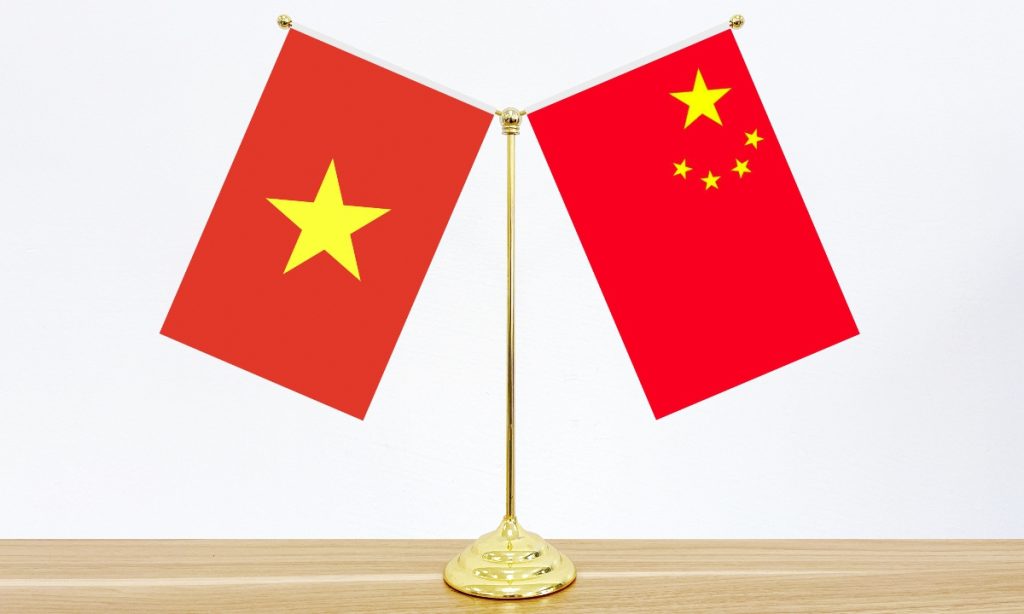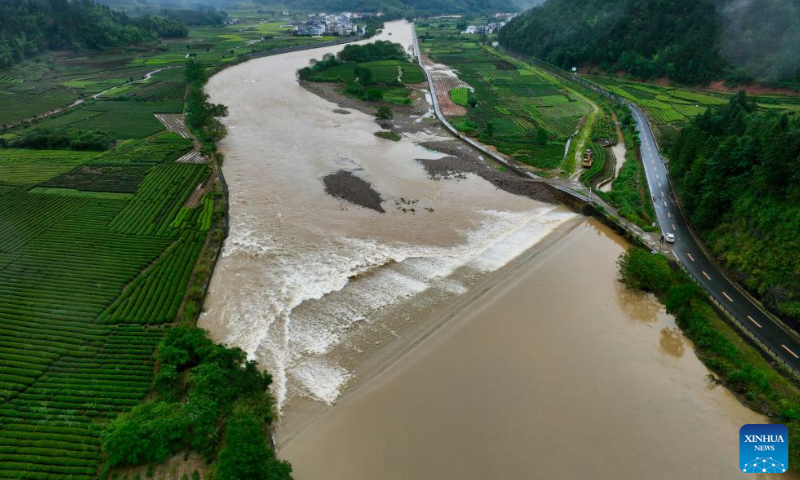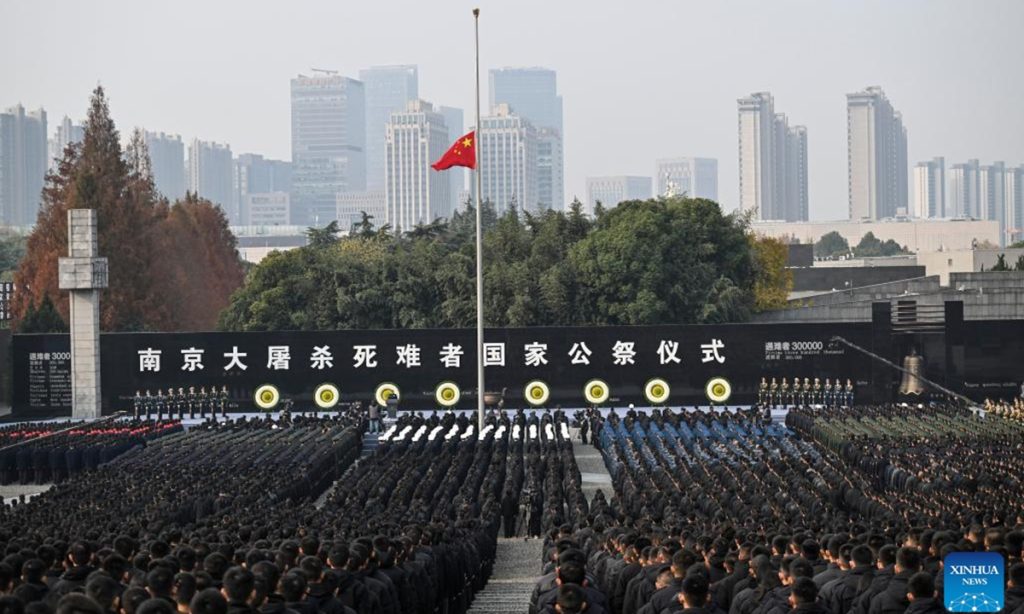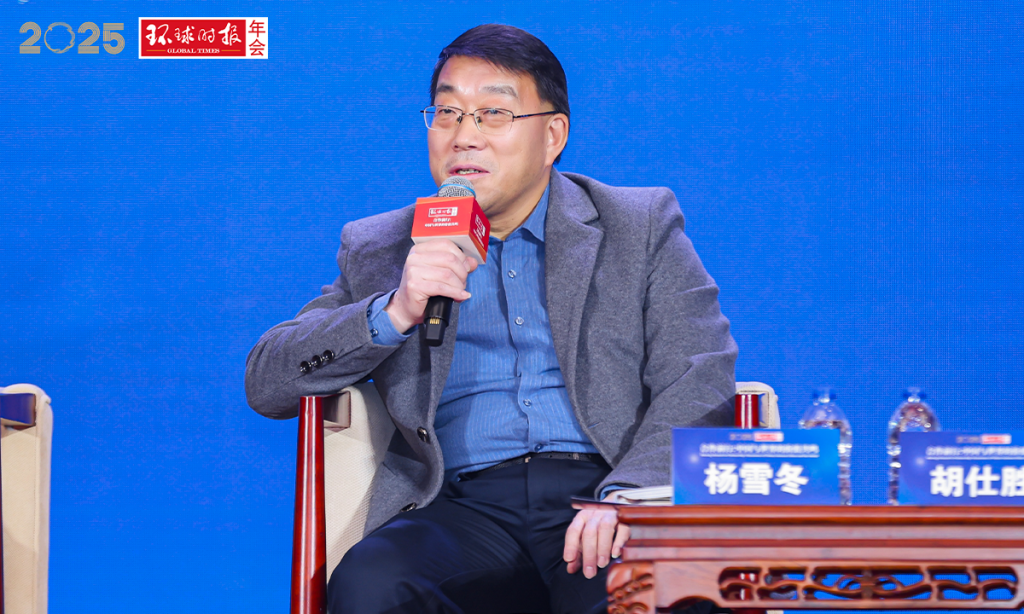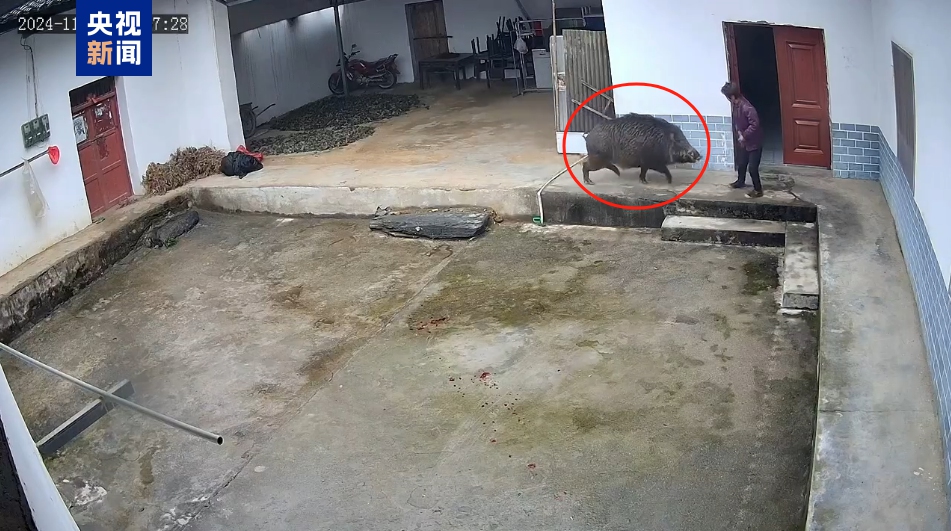Exhibition of Chang’e-5 lunar samples opens to public in Beijing
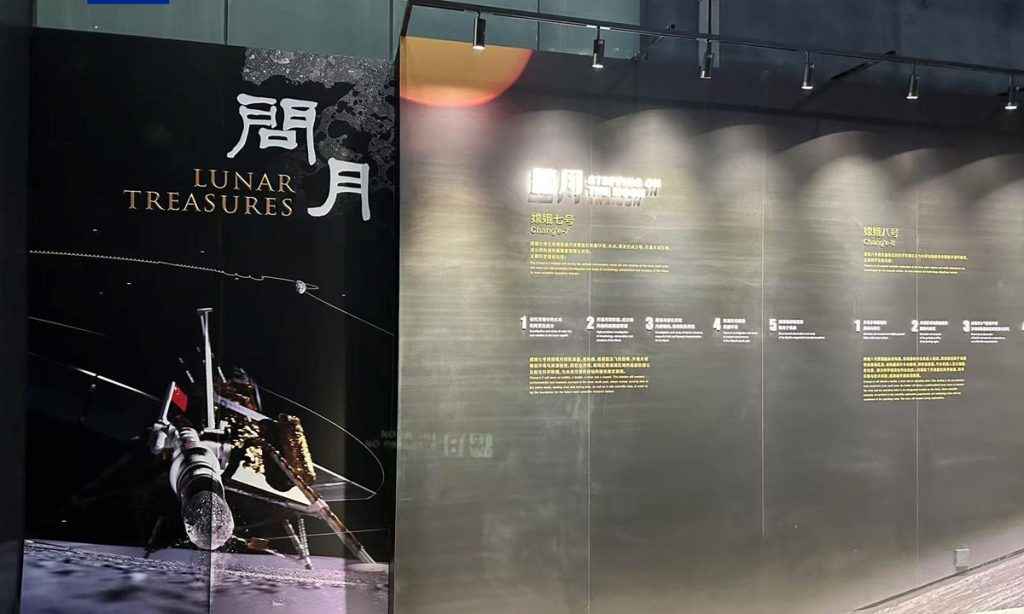
An exhibition featuring Chang’e-5 lunar samples has been open to the public at the Beijing Planetarium since Saturday afternoon. In addition to 0.6 grams of lunar soil brought back by Chang’e-5, the display also includes Moon rocks collected by Apollo 17 and meteorites from Northwest Africa, offering valuable insights into the Moon’s formation and evolution, according to CCTV News.
In December 2020, the Chang’e-5 mission successfully returned lunar soil samples from the Moon, leading to the beginning of scientific research on these samples. With the continuous rise of national scientific and technological strength and comprehensive national power, China has become the third country in the world to successfully bring back lunar samples, marking a milestone in both China's and humanity's history of lunar exploration.
The exhibition focuses on the lunar samples retrieved by Chang’e-5. The core exhibits of the exhibition are lunar soil samples of varying particle sizes, presented from multiple perspectives to offer the public an unprecedented interactive experience.
A total of 0.6 grams of lunar soil is displayed. The exhibition also showcases other highly valuable lunar samples, including Moon rock collected by Apollo 17 and lunar meteorites from Northwest Africa. These lunar materials, obtained at different times and through various methods, have provided scientists with diverse perspectives for studying the Moon’s formation and evolution.
The exhibition showcases the lunar soil using robotic arms, large-diameter hemispherical lenses, stereomicroscopes, XCT scanning, and three-dimensional digital reconstruction technology, allowing the public to observe the lunar soil up close through microscopes and explored its true state.
The exhibition also introduces the “Chang’e stone,” a new mineral discovered and named from the Chang’e-5 lunar samples. This is the first new lunar mineral discovered by Chinese scientists and the sixth overall discovered by humanity. China became the third country in the world to identify a new mineral on the Moon.
